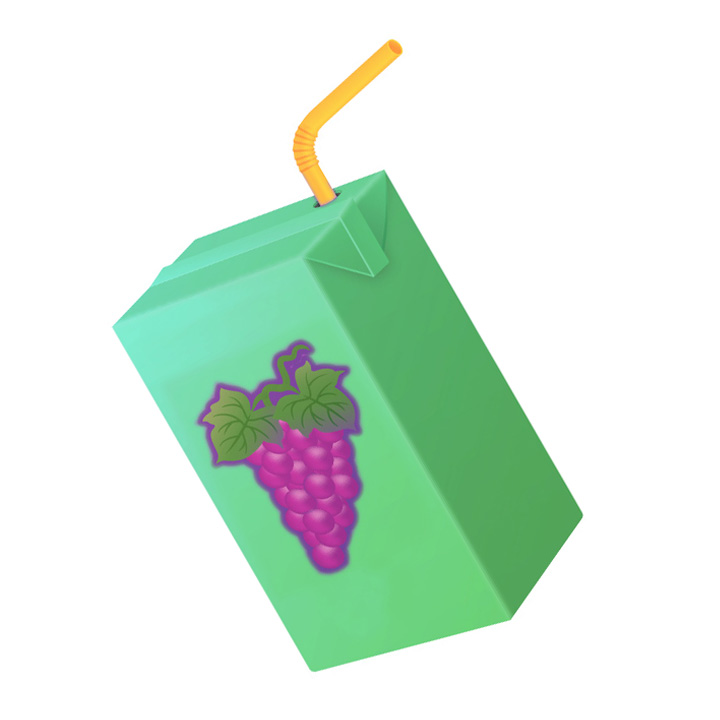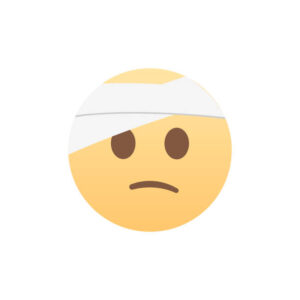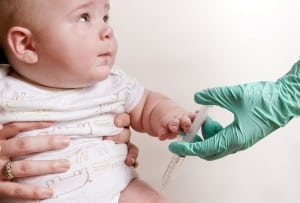We all like to consume sugary drinks on occasion. It is normal to crave a soda or something to satisfy your sweet tooth. However, sugary drinks can be bad for our health for a couple of reasons. For example, did you know that many commercially available juices contain trace amounts of arsenic? Did you also know that sugary drinks are the number one contributor of calories and added sugar to our diets?
The American Academy of Pediatrics found that “children and teens consume about 17 percent of their total calories from added sugars–well above the limit of 10 percent recommended in U.S. Dietary Guidelines–and half of those are from sugary drinks.”
Negative Health Effects of Sugary Drinks
- Diabetes
- High body weight and obesity
- Heart disease
- Gout
- Poor bone health
Juices
Did you know that your juice contains trace amounts of arsenic? Even water has been shown to contain less than 10 parts per billion of arsenic due to agricultural pesticides. The FDA has cracked down on arsenic in juice in recent years and 9 out of 10 apple juices are also 10 parts per billion of arsenic or less, like water. None-the-less, there is still one-tenth of all apple juice placing your health and your child’s health at risk.
In addition, juices often contain heaps of sugar, phthalates, plasticizers, and additives that are detrimental to your health and the health of your children. Get familiar with reading labels. If you cannot pronounce it or you do not know what it is, why would you give it to your child? Look for labels with no added sugars and with ingredients you recognize. Ideally, your juice should come from fruits and vegetables and not sugars and certain chemicals.
Advertisements
Marketing of juices includes putting colorful images and TV characters on juice boxes. Advertisers a preying on your kids’ affinity for their favorite cartoon, rather than on what is best for them. Include your kids in the conversation about marketing. Just because it looks good, doesn’t always mean that it’s good for you. Just because it has an apple on the package, doesn’t mean that it’s full of fruit.
AAP Recommendations
- Do not introduce juice to your infant before the age of 12 months. Toddlers age 1-3 years should have at most 4 ounces of juice per day. Kids aged 4-6 years of age should have at most 6 ounces per day. And children 7-18 years of age should have at most 8 ounces, or one cup, of juice per day.
- Do not give your toddlers juice in bottles or sippy cups that make it easy to drink juice all day. Also, avoid giving them juice at bedtime.
- To meet their daily fruit intake, children should eat whole fruits instead of juices. This way, they are able to consume adequate vitamins and fiber.
- If your child is drinking juice and has a medical concern, create a journal to quantify how much juice your child is drinking. This way you can report back to your pediatric healthcare practitioner. Medical concerns associated with juice consumption include malnutrition, poor weight gain, excessive weight gain, chronic diarrhea, excessive flatulence, abdominal pain, bloating, and dental caries.
Sodas & Energy Drinks
Sodas often have the same effect that juices do, however, they are often “supersized”. Restaurants and recreational activities associated with drinking sodas often have a refillable option or extremely large cup sizes. If you do choose to occasionally have a sugary drink, try drinking in moderation. Teach your kids to choose smaller cup sizes.
Additionally, energy drinks are often advertised as healthy options. However, they often contain as much sugar as juice and sodas do. In fact, there are plenty of additives for energy drinks that are bad for kids’ health. Caffeine and other energizing chemicals can have powerful, negative effects on kids brains and bodies.
 Sugar as Addiction
Sugar as Addiction
Sugar consumption has been linked to shorter life spans by many groups and studies. In fact, this is common knowledge for most of us. However, we continue to eat sugar in our daily lives and those of our children.
Sugar has an addictive quality. Not only do our brains tell us we want more sugar, but it also stimulates our appetites. Drinking or eating sugar can cause us to become overeaters at meals and snack times.
Artificial sweeteners may have fewer calories, however, can have the same effect on our brains. Eating artificial sweeteners may not have the same impact on our waists, but they can cause us to crave more sugar. Artificially sweetened foods include many sugar-free options like diet sodas and other low-calorie drinks.
GHT Sugary Drink Philosophy
At GHT, we urge parents to avoid feeding their children sugary drinks. Not only do they often contain toxins, but diabetes is also a growing trend in our children. Forego the apple juice and choose an apple instead. Choose brands with very short ingredient lists, or choose water instead of store-bought sugary drinks. Try not to fall prey to marketing trends. And teach your children by example, rather than setting unfair expectations.
Start Small
If you and your family are frequent sugary drink drinkers, start small. Don’t set unfair expectations by limiting all sugary drinks. Maybe you and your family can enjoy only one soda per week in the future. And don’t feel panicked if you slip up. It’s important that you support yourself by slowly changing your lifestyle. As we know, diets don’t work and cutting things entirely out of our diet usually result in relapse. These changes are often easier to make if you make them with your family instead of alone. Hold each other accountable and try making it a game.
Check out Shaklee’s Performance (Electrolyte Drink) for a good alternative to some more unhealthy drinks. For questions and concerns, please comment on this page or contact us!







